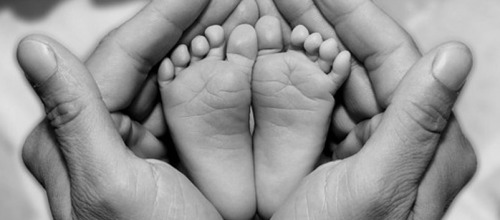The last thing that any mom expects is that after nine months of anticipation and excitement, she is too unhappy to enjoy her baby. Unfortunately, statistics tell us that 80 percent of all new mothers will suffer from severe mood swings, while ten percent suffer from major postpartum depression in their first year as a mom.
Traditionally, postpartum depression has been attributed to the dramatic drop in female hormones following delivery. It is important to realize that postpartum depression is most commonly found in women who have suffered from depression before their pregnancies.
PPD: A Combination of Changes
PPD often occurs when the abrupt hormonal changes combined with the seemingly overwhelming responsibility of becoming a parent leads new mothers to feel uncomfortable in their new role. The first step towards overcoming PPD is to understand what it is and how it can be effectively treated.
Fighting PPD
When it comes to being a new mother, the most important thing is to be prepared and relaxed. You can never know what to expect when having a baby, but you can count on one thing: life will never be the same. Find ways to rejoice in this fact throughout your pregnancy to avoid regret about what you are giving up. In addition to preparing excitedly for your baby, make sure you find ways to decompress – both during your pregnancy and in the months that follow. Research shows that mothers who relax for 15 minutes every day are more likely to effectively cope with stress and the new, overwhelming responsibility of motherhood.
Don’t Expect Perfection
Many women who suffer from PPD are perfectionists. The pressure they place on themselves to be the perfect parent can lead them to experience unhealthy, guilty feelings. This mindset is harmful to a new mother’s confidence, joy and ability to cope with the incredible changes that are taking place in her life.
Ask for Help and Practice Healthy Communication
When you have a baby, everyone around you is eager to hold the new baby, dote on mom and dad, and help in whatever way they can. Don’t be afraid to ask for help or accept the help that is being offered. You are not in this alone. Arm yourself with a willingness to express how you’re feeling when you need help and communicate your gratitude to people who step up to lend a hand.
Postpartum depression can occur in any woman. Knowing what it is, why it occurs and how it can be alleviated will go a long way towards combating this often-underappreciated disease.


